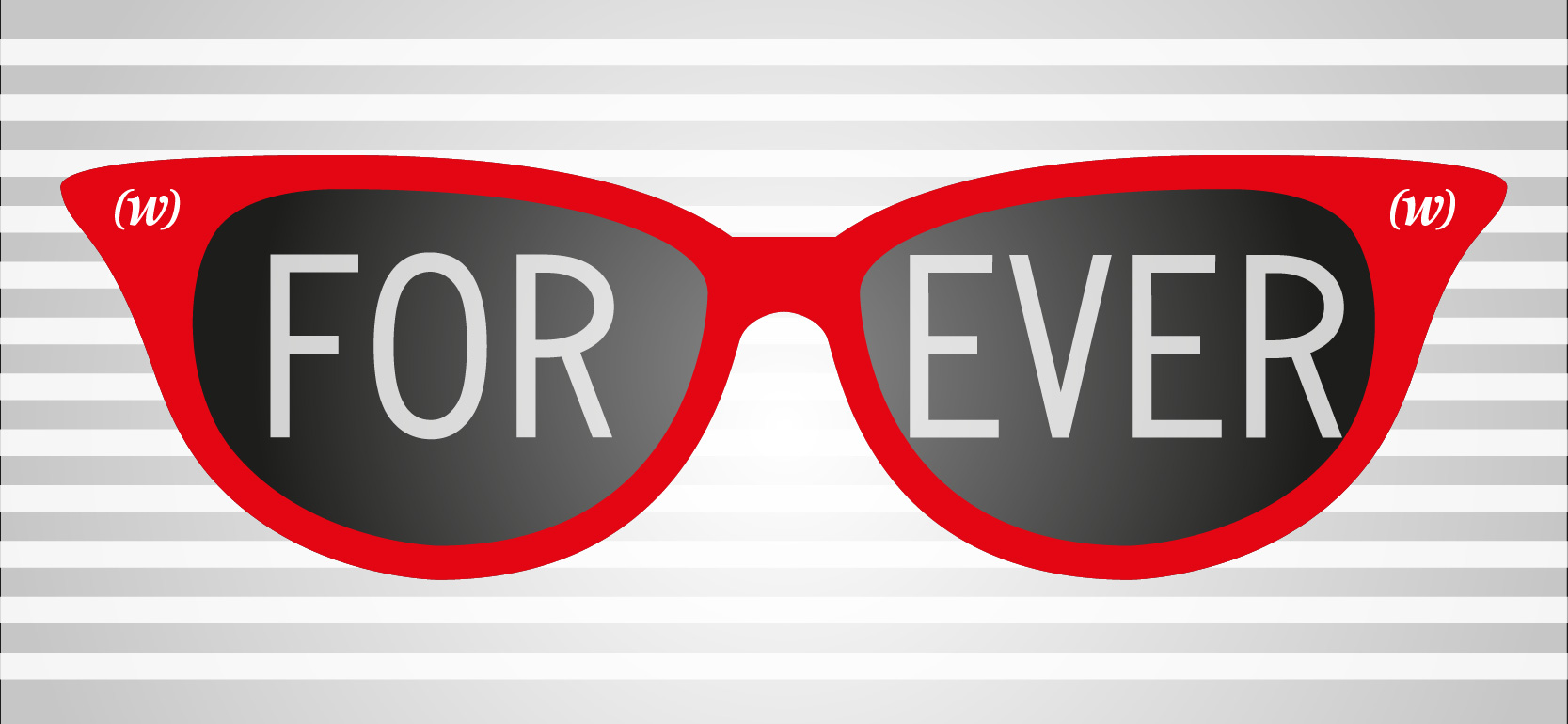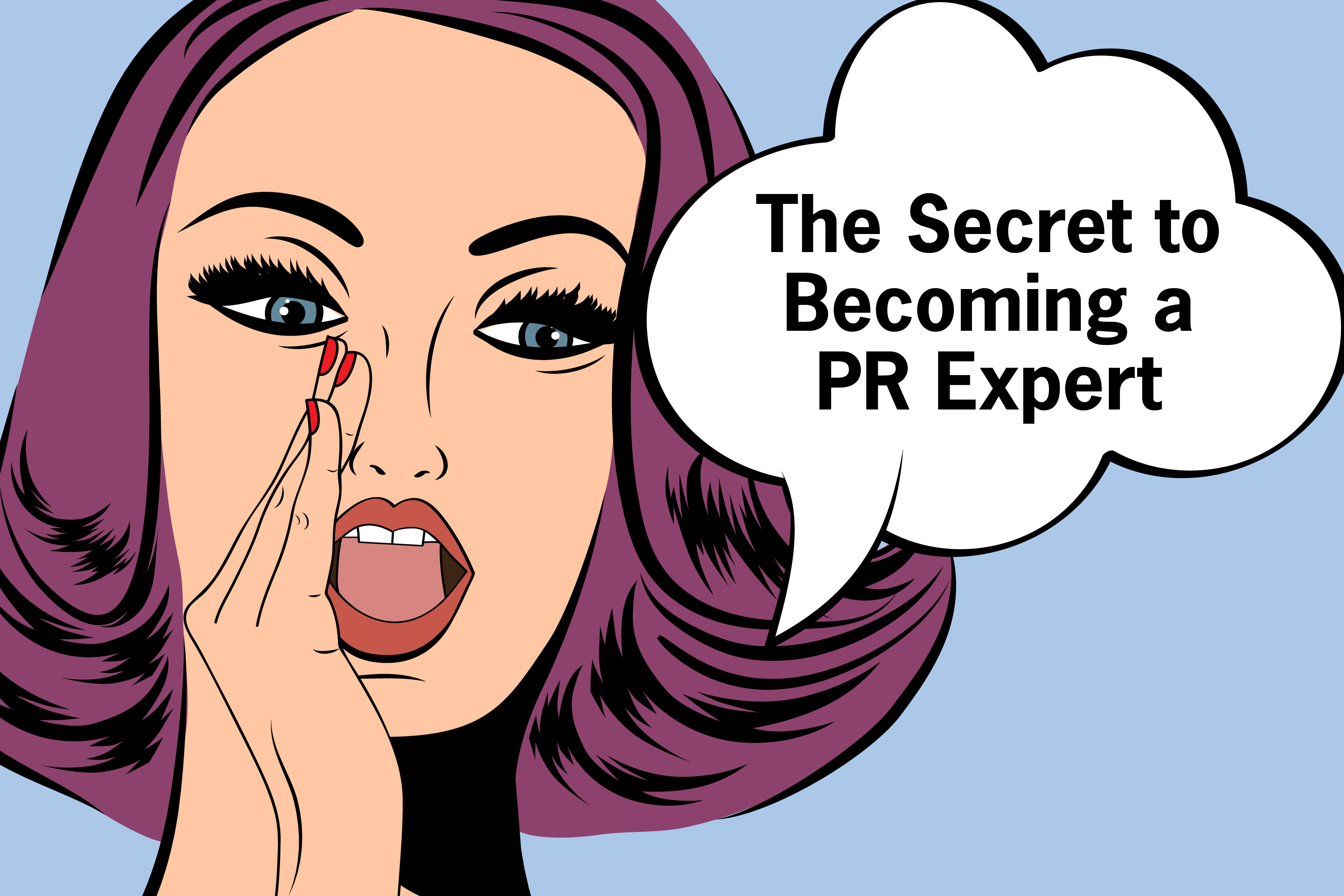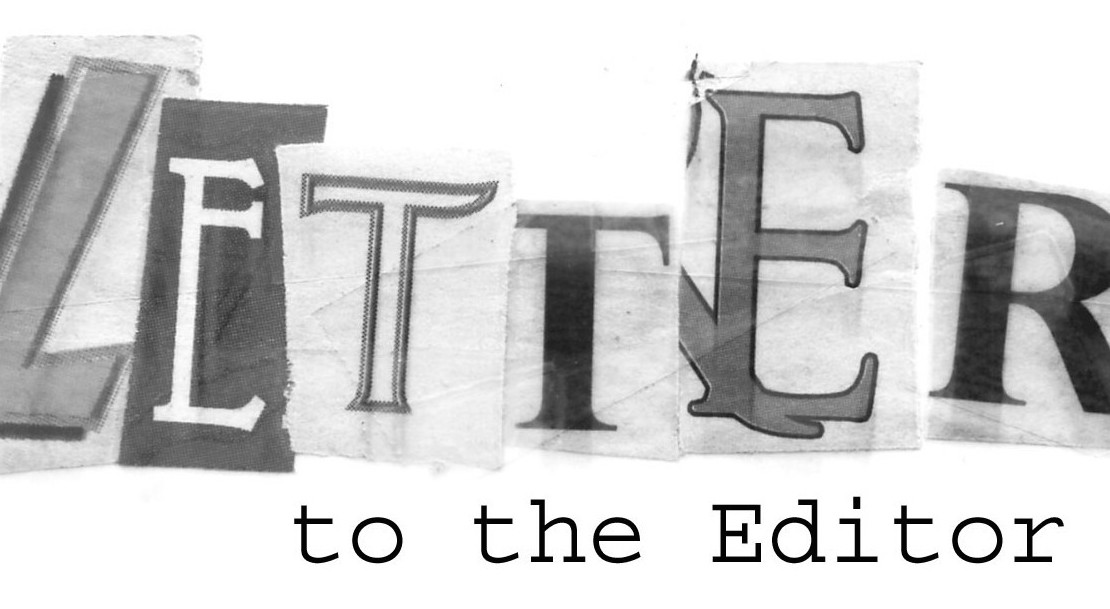Larry is a senior strategic communications advisor who helps organizations build credibility, manage complexity, and translate visibility into business impact. With more than 20 years of in-house, agency and independent experience, he partners with executive teams to strengthen reputation, support growth, and navigate moments where trust and judgment matter most.
His background spans global B2B and B2C organizations, from established leaders to emerging innovators. Larry has built and led cross-functional communications efforts for brands including Sony, Dell, VMware, RSA, Xerox, Virgin Galactic, Underwriters Laboratories, and high-growth technology companies across security, cloud and enterprise software. His work consistently sits at the intersection of communications strategy, sales enablement, and executive leadership.
Most recently, Larry served as Public Relations and Analyst Relations Lead for Sony Electronics, working closely with the North America President & COO and global teams. In that role, he helped shape corporate narrative, engage influential analysts and media, and ensure alignment between business priorities and external perception across a highly complex, matrixed organization.
Larry is known for bringing a steady, practical point of view to communications challenges — whether advising leaders on thought leadership, managing brand visibility in competitive markets, or guiding teams through high-stakes initiatives. He is a two-time PRSA Silver Anvil Award recipient and regularly mentors business and community organizations.
He holds a master’s degree, is fluent in Japanese and Spanish, and is based in San Diego.


















